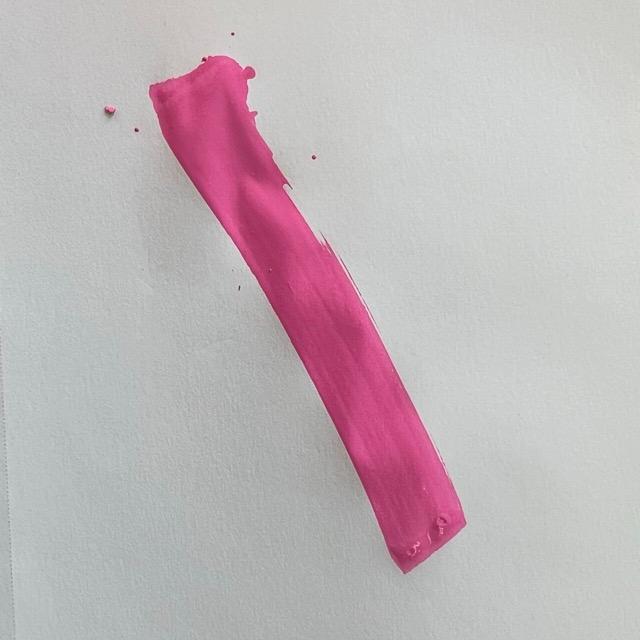One of the first things you learn in drawing class is that if you go to make a drawing and you find yourself creatively paralyzed by the blank page before you, there’s only one way to move forward: make a mark. It doesn’t have to be good or expressive, you just need to get something down on the paper so that its surface is no longer dazzlingly pristine. Once you’ve made a mark, it’s easier to make more marks, and then you’re off to the races with your drawing.
Since my last blogpost in November I’ve felt myself faced with a similar problem - something about the previous post felt like it brought a finality to my writing here, at least for a bit. And then I had my vulvoplasty and spent two months deep in recovery before I felt like I could write much of anything. I have done other creative work since then: a hybrid essay that I submitted to a regional zine, some tinkering with new HRT calculators, a couple bumper stickers that are currently under content review at Zazzle. 😜 Oh, and I did a little writing for friends about an anime that I watched, Stop!! Hibari-kun!, a light-but-complicated series about a teen trans girl in 1980s Japan. I’ve been telling myself that I just haven’t produced anything that felt like it belonged here on Human Kibble, that what I’ve been making hasn’t been as theory-oriented or personal, but looking back over the blog there have been plenty of playful, experimental entries over the past three years. I think more accurately I’ve just been hesitant to resume writing.
Recovering from surgery has challenged my relationship to my gender and to my body. I’m finding myself balking at labels, and feeling more open to playfulness with categories than ever before. Oddly, the dogshit political climate has been a part of this, too. The White House continues day after day to take potshots at trans people, especially trans women, and something about the whole exercise in conjunction with how I’m feeling about my body has been putting me in a real Susan Stryker headspace. That is to say, as the fascists in power seek to justify the “natural” basis for our erasure and oppression, I feel less inclined to seek a natural basis for my own understanding of myself as trans:
I offer you this warning: the Nature you bedevil me with is a lie. Do not trust it to protect you from what I represent, for it is a fabrication that cloaks the groundlessness of the privilege you seek to maintain for yourself at my expense.
Susan Stryker, "My Words to Victor Frankenstein Above the Village of Chamounix"
Once I started feeling sharp enough to read again, I picked up Anti-Semite and Jew by Jean Paul Sartre, which tangles with nationalist rhetoric around natural orders and identity. I’m currently reading two other books, the first is Feminism Against Cisness, a new collection of essays that challenges the idea of “cisness” as a fallacy. The second book is Black on Both Sides: A Racial History of Trans Identity. C. Riley Snorton digs into the white supremacist roots of our modern conceptualization of gender, and talks about how slavery and hierarchies of racialized gender laid the groundwork for transnormative narratives about sex and gender’s malleability. These two books together are turning over rocks in my conceptions of gender, exposing all the nasty little bugs of internalized prejudice that live inside me.
In all of this, I’m continuing to look for a better way to talk about the experience of transness, one that moves beyond transnormative and medicalist cliché. When we look at the past 11 years since the “trans tipping point,” I wonder, have we articulated ourselves in a way that will suffice? Not necessarily is it “correct,” but does the common understanding of trans identity further The Agenda? And right now with how things are in the US it feels like it does not. In continuing to grow an understanding of myself I want to keep trying to describe my experiences in transness in a way that subverts systemic narratives. I’m just as vulnerable as anyone to falling into not even wrong patterns of rhetoric, but I’m going to keep imperfectly writing here, as I band together and care for the people around me, to try and make a mark in my own little way.
